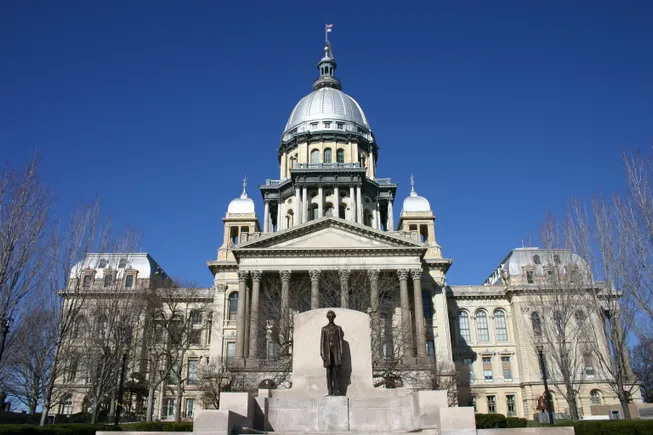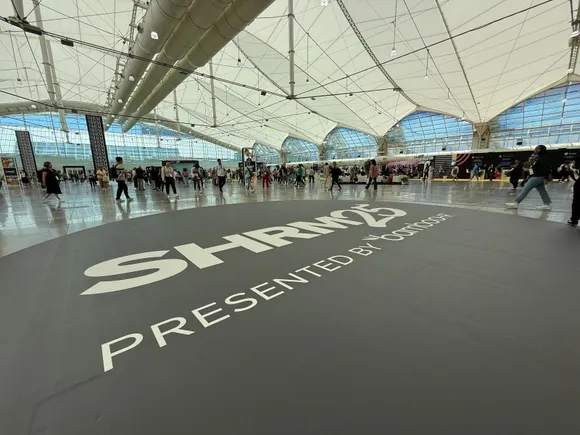Dive Brief:
- A dental company will pay $61,000 to settle a charge that it refused to accommodate and then fired an employee who asked to wear a scrub skirt instead of scrub pants due to her religious beliefs, the U.S. Equal Employment Opportunity Commission announced Monday.
- In addition to providing the payment, the Teeth Doctors will increase training for supervisors, establish or update written policies to address religious discrimination, and post a notice updating workers on the matter, the agency said.
- EEOC and the Fayetteville, North Carolina, company reached the settlement after engaging in the agency’s pre-litigation conciliation process.
Dive Insight:
EEOC has pursued several religious bias enforcement actions under President Donald Trump, and a recent leadership appointment could indicate that the commission will prioritize such claims going forward.
Federal law requires that employers reasonably accommodate an employee’s religious beliefs or practices, unless doing so would cause an undue burden, according to EEOC. A business may need to provide an exemption to a scheduling policy or a dress code, the commission has explained; and “[i]f it would not pose an undue hardship, the employer must grant the accommodation.”
EEOC’s Monday announcement also could shed some light on the agency’s enforcement tactics under its newly confirmed chair.
The commission has long used pre-litigation conciliation, describing it as an “efficient, effective, and inexpensive” way to resolve discrimination claims, the agency said in a 2015 technical assistance document.
The conciliation process has sometimes been frustrating for employers, employer-side law firm Seyfarth Shaw wrote in a 2024 analysis of the agency. District office investigators “frequently refuse to explain the bases for their findings, decline to consider additional argument from employers, and remain vague about the relief they are seeking in order to resolve the charge,” the firm wrote.
During Trump’s first administration, EEOC proposed a rule that would provide employers facing charges more information during the conciliation process. The rule took effect in early 2021, but was rescinded later that year following a Congressional joint resolution signed by former President Joe Biden. Then-Chair Charlotte Burrows said at the time the action would restore the Commission’s “flexibility to tailor the conciliation process to the facts and circumstances of each case, thus increasing the likelihood of a successful resolution.”
While certain elements of the conciliation process remain shrouded in secrecy, Seyfarth determined that employers who engage in the process can expect EEOC to decide its success or failure within three months of its kickoff. The median time spent in conciliation is 53 days, the firm said.
It is unusual for EEOC to broadcast the results of a conciliation process, as it did with The Teeth Doctors; one benefit of the process, Seyfarth noted, is being able to avoid “having the EEOC go public with its allegations.”
The Teeth Doctors did not immediately respond to a request for comment.






Leave a Reply